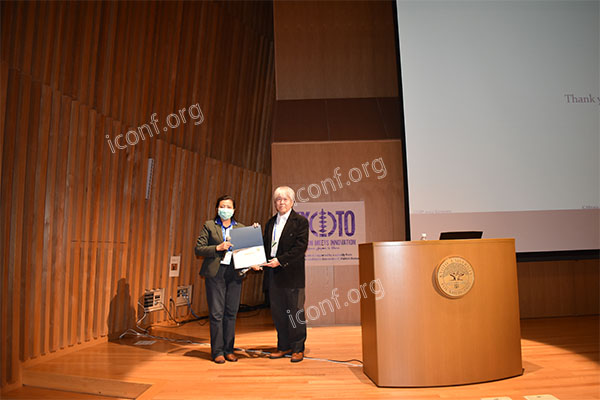Academic conferences are gatherings where researchers, scholars, and professionals present their work, exchange ideas, and network. These events often focus on a specific field or interdisciplinary themes, offering participants the opportunity to stay updated on the latest trends and advancements.

Types of Academic Conferences
- Discipline-Specific Conferences: Focused on a particular field, such as physics, linguistics, or computer science.
- Interdisciplinary Conferences: Combine topics from multiple fields to foster cross-disciplinary collaboration.
- Workshops and Seminars: Smaller-scale events centered on skill-building or in-depth discussions.
- International vs. Regional Conferences: International conferences attract a global audience, while regional ones cater to localized participants.
Benefits of Attending Academic Conferences
- Networking Opportunities: Build connections with peers, mentors, and potential collaborators.
- Knowledge Sharing: Learn about cutting-edge research and methodologies.
- Professional Development: Gain recognition for your work through presentations and publications.
- Career Advancement: Meet potential employers, collaborators, or funders.
Tips for Making the Most of an Academic Conference
- Plan Ahead: Research the agenda, speakers, and attendees to identify key sessions and networking opportunities.
- Engage Actively: Ask questions during sessions, participate in discussions, and share insights.
- Present Your Work: Showcase your research to receive valuable feedback and recognition.
- Follow Up: Stay in touch with new connections via LinkedIn or email to maintain professional relationships.
How Academic Conferences Shape Your Career
By attending these events, you can position yourself as a thought leader in your field, gain insights into emerging trends, and broaden your professional horizons. The exposure to diverse perspectives and the exchange of innovative ideas are invaluable for personal and career growth.
For more insights into making the most of academic opportunities


